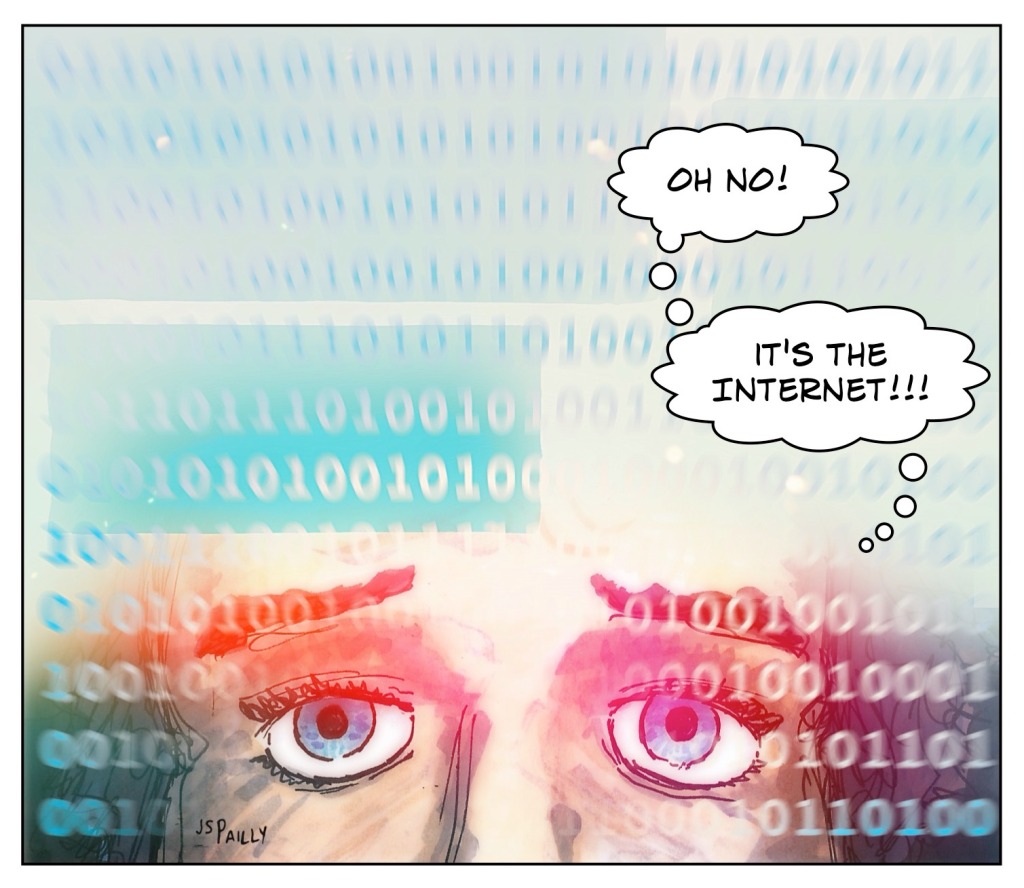Sciency Words: (proper noun) a special series here on Planet Pailly focusing on the definitions and etymologies of science or science-related terms. Today’s Sciency Word is:
ARTIFICIAL INTELLIGENCE
In 1955, American cognitive scientists John McCarthy and Marvin Minsky sent out an extraordinary proposal:
We propose that a 2 month, 10 man study of artificial intelligence be carried out during the summer of 1956 at Dartmouth College in Hanover, New Hampshire. The study is to proceed on the basis of the conjecture that every aspect of learning or any other feature of intelligence can in principle be so precisely described that a machine can be made to simulate it.
McCarthy and Minsky go on to write that that machines can be made to learn, solve problems for themselves, and “improve themselves.” They also claim that “significant advancement” can be made toward these goals if a group of experts were to “work on it together for a summer.”
Ah, such optimism!
That 1955 proposal is the first documented usage of the term “artificial intelligence.” Apparently McCarthy initially wanted to use the term “automata studies,” but even among scientists and engineers, “automata studies” didn’t sound sexy enough. So McCarthy coined the term “artificial intelligence” and ran with that instead.
According to this article from the Science History Institute: “The name implied that human consciousness could be defined and replicated in a computer program […].” Whether of not that’s true—whether or not computers really can reproduce human-style consciousness—is a topic of ongoing debate. Regardless, McCarthy’s new term got the attention he wanted, and the 1956 conference at Dartmouth was a success.
However, it turns out it would take more than “a summer” to trigger the robot apocalypse. Still, the 1956 Dartmouth Conference started something important, and today, we are living with the consequences!
